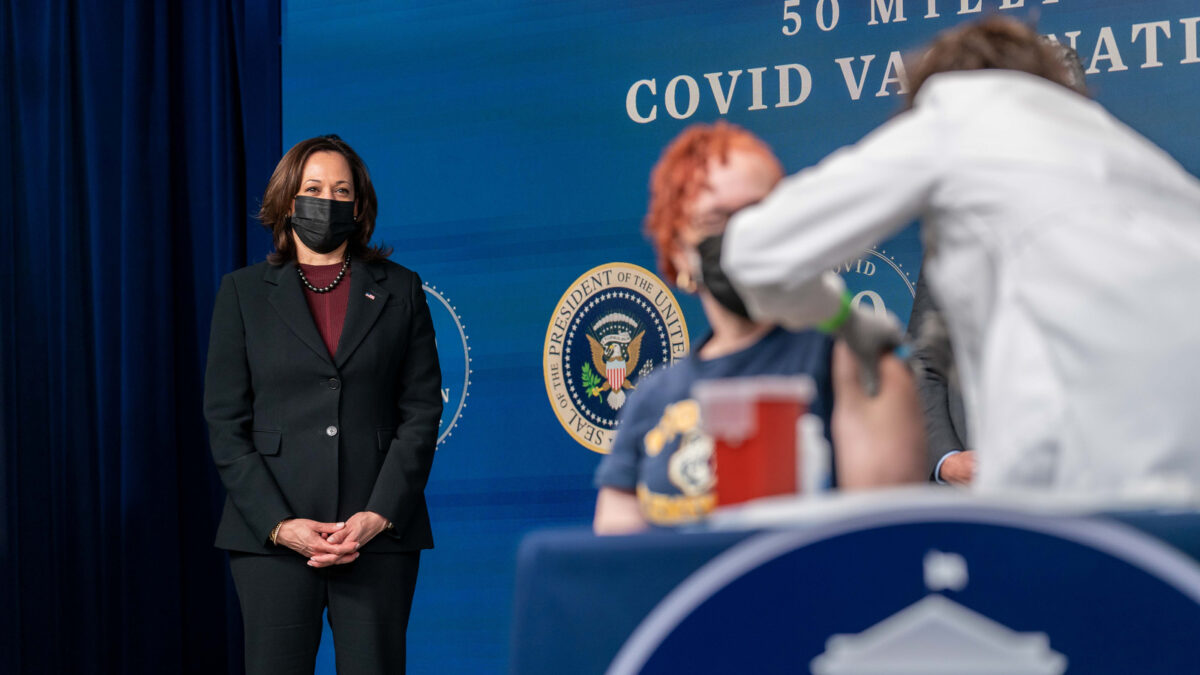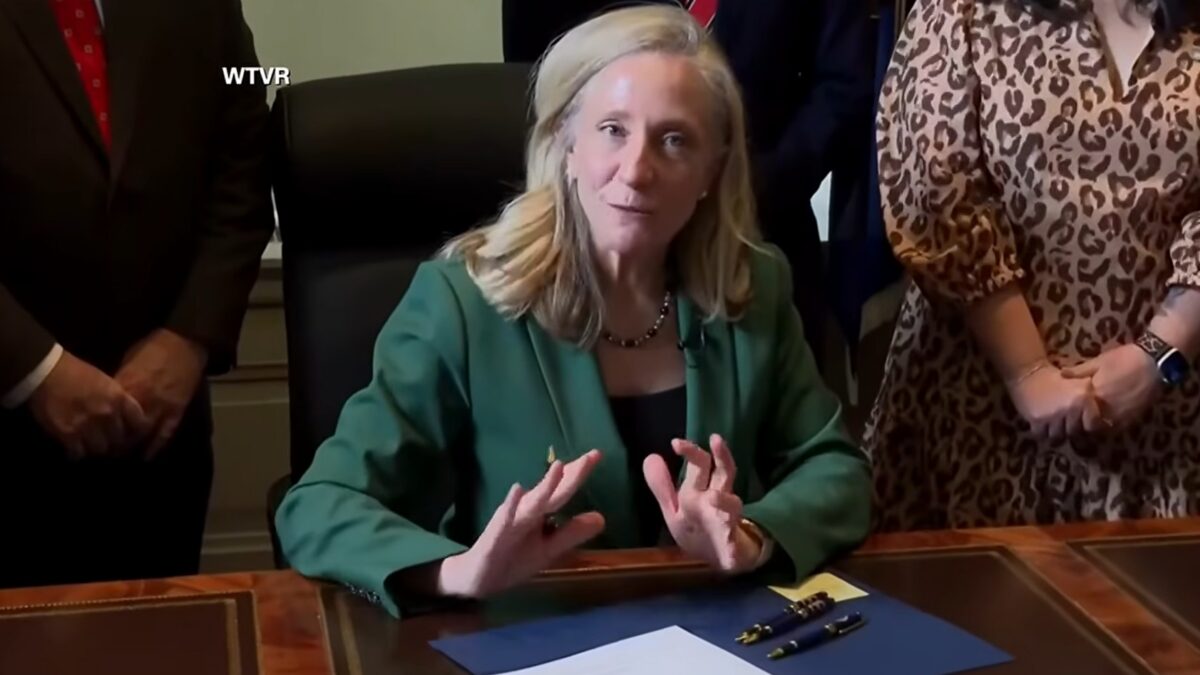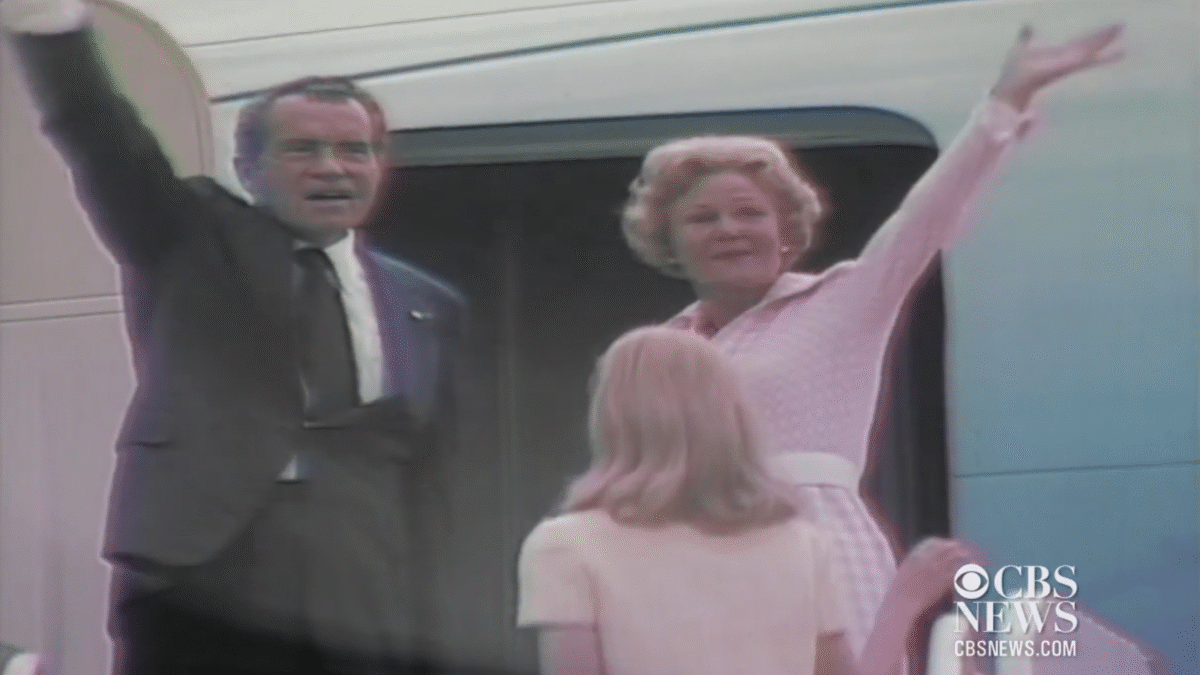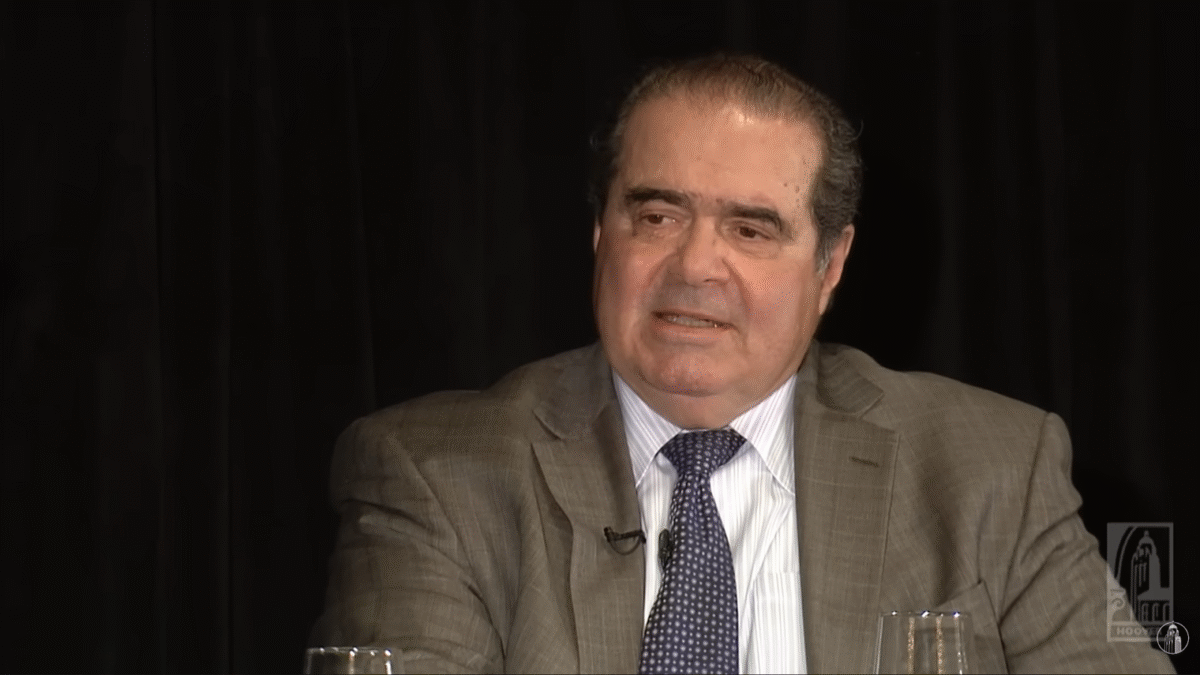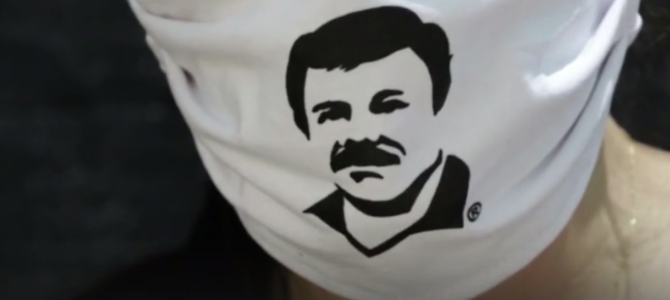
One of the most remarkable developments of the global pandemic is the emergence, in Mexico and elsewhere in the Americas, of criminal organizations acting in the place of the state.
In Rio de Janeiro, urban gangs have become quarantine enforcers, imposing curfews and mask requirements in defiance of more lax government guidelines. In El Salvador, gangs like MS-13 have helped enforce government lockdown orders, patrolling the streets under the threat of violence.
Something more momentous is happening in Mexico. Yes, in some parts of the country armed gangs and self-proclaimed self-defense groups have set up checkpoints and road blocks around their communities in hopes of keeping the virus out. Some gangs have enforced lockdowns and quarantines like the gangs in Rio and El Salvador have done.
But some Mexican drug cartels have gone far beyond enforcing lockdowns. In a bid to win the loyalty of ordinary people, they have begun to assume duties usually taken up by government, providing social services during the pandemic by distributing boxes of food and supplies in areas under their control, often with the cartel’s logo or initials stamped on the box.
Photos circulated recently from the state of Tamaulipas, which borders Texas, of aid boxes full of staples like flour and sugar and canned food, marked with “Gulf Cartel in support of Ciudad Victoria,” the state capital. According to one report, the boxes were labeled so people would know the aid didn’t come from the government.
In Zapopan, a suburb of Guadalajara in central Mexico, video footage recently posted on Twitter showed heavily armed members of the Jalisco New Generation Cartel handing out aid in broad daylight.
Presuntos miembros del CJNG repartieron despensas afuera del Centro Cultural Constitución, en Zapopan, Jalisco, pese a que en la zona existen cámaras conectadas al Centro de Comando (C5).
➡ https://t.co/PF0ip5VaKO pic.twitter.com/1hQD4U4xjF— Proceso (@proceso) April 30, 2020
More telling is what happened a few days later, when the cartel operatives didn’t show up. People still came to the market and stood in line for supplies, and when the National Guard showed up, they started chanting at the government soldiers “We want food!”
The Cartels Are Now Competing for Hearts and Minds
Why is this happening? Because the government has been largely absent amid the crisis. Mexican President Andrés Manuel López Obrador initially responded to the coronavirus by dismissing it, and has since advocated above all for severe austerity measures, resisting almost every form of public aid or financial relief for businesses. He has even urged the gangs to stop distributing food.
While López Obrador’s motivations are ideological—he has insisted that the coronavirus has accelerated “the collapse of the neoliberal model in the world,” which he claims “already doesn’t work”—the effect of his administration’s pandemic response has been to elevate the cartels, which increasingly operate in the open and with impunity.
An armed caravan of Jalisco New Generation Cartel trucks, for example, was filmed recently rolling into the town center of Valparaíso, in central Mexico. The vehicles, some with mounted guns, were clearly marked with the cartel’s initials, CJNG. The men were decked out in military gear and armed with powerful assault rifles. They looked in every way like a government force—and acted like it.
Despite their recent charity work, keep in mind that these are criminal organizations that maintain their profit schemes at the point of a gun. In fact, the social services some cartels have undertaken during the pandemic have coincided with a steady rise in Mexico’s homicide rate, which hit a record high in March and nearly matched it in April. Right now, 2020 is on pace to break last year’s record for total murders.
The rising violence is due in part to competition between cartels for control over drug routes and supplies, but also over a growing number of industries, both legal and illegal, that cartels are getting into to make up for lost drug-trafficking revenue. Border closures and international travel restrictions triggered by the pandemic have further disrupted the cartels’ international supply chains, which rely on Chinese companies for precursor chemicals for synthetic opioids like fentanyl.
With lockdowns in place across the United States, it’s also been harder for drug dealers to offload their product. The result for Mexico’s drug cartels has been a sharp decline in revenue.
Such disruptions in Mexico’s criminal underworld tend to bring about change. Indeed, CJNG is now one of the fastest-growing and most powerful cartels in Mexico, known for its extreme use of violence and military-grade weaponry (cartel operatives once brought down a Mexican military helicopter with a rocket-propelled grenade).
Increasingly, the group is also becoming known for its propaganda and public relations campaigns. As it expands into tourist areas like Cancun and areas along the northern border, CJNG’s pitch to local residents, often through videos and social media, is that under CJNG there won’t be kidnapping and extortions like there are under smaller local gangs. Better to have one large, powerful cartel that will take care of ordinary people than chaotic local gangs that can’t be trusted.
The fact that this strategy is to some extent working for CJNG underscores the strange reality that in some parts of Mexico, cartels aren’t necessarily unpopular. The daughter of former Sinaloa cartel kingpin Joaquin “El Chapo” Guzman, Alejandrina, was featured in a recent news report wearing a black face mask with Guzman’s face on it, touting her company’s efforts to distribute aid packages during the pandemic—boxes of rice, pasta, and other basics with Guzman’s image on it. She calls the packages “Chapo handouts.”
🇲🇽Reparten despensas de comida a nombre del ‘Chapo’ Guzmán a personas de la tercera edad en México.
Según Alejandrina Guzmán, hija del exlíder del cártel de Sinaloa, la ayuda es financiada por las ganancias de su propia empresa Chapo 701.
📣@victorsilcas Informa pic.twitter.com/9x7Xn6zMxr
— Noticias Telemundo (@TelemundoNews) April 16, 2020
(López Obrador also has a soft spot for El Chapo. In late March, he ignored his administration’s social distancing guidelines when he visited the former drug lord’s hometown and shook hands with his elderly mother.)
The Virus Itself Isn’t the Greatest Threat to Mexico
To date, Mexico only has about 25,000 confirmed cases of the coronavirus and a total of 2,271 deaths—nowhere near the size of the outbreak in the United States. But even with such a relatively small caseload, Mexico’s health-care system is already overloaded as hospitals reach capacity.
In Mexico City, the epicenter of the country’s outbreak, at least 22 hospitals designated as coronavirus treatment sites had run out of beds as of Monday, despite López Obrador’s assurance to reporters last week that “we don’t have problems with hospital beds.” In addition, there’s been virtually no testing in Mexico, so although Mexican health officials expect cases to peak this week, they don’t really know the extent of the outbreak.
Why should Americans care about any of this? Simply put, what happens in Mexico will not stay there. It’s true that an uncontrolled coronavirus outbreak in Mexico could threaten border communities in the United States, but of far greater concern to Americans should be the gradual collapse of the Mexican state.
That is, the greatest danger in Mexico right now isn’t the virus itself, it’s that the pandemic is accelerating the collapse of the state. Above all, the cartels’ response to the pandemic—stepping in to provide aid and public services in the absence of the federal government—shows that someone will take responsibility for what happens south of the Rio Grande, even if it’s the cartels.




